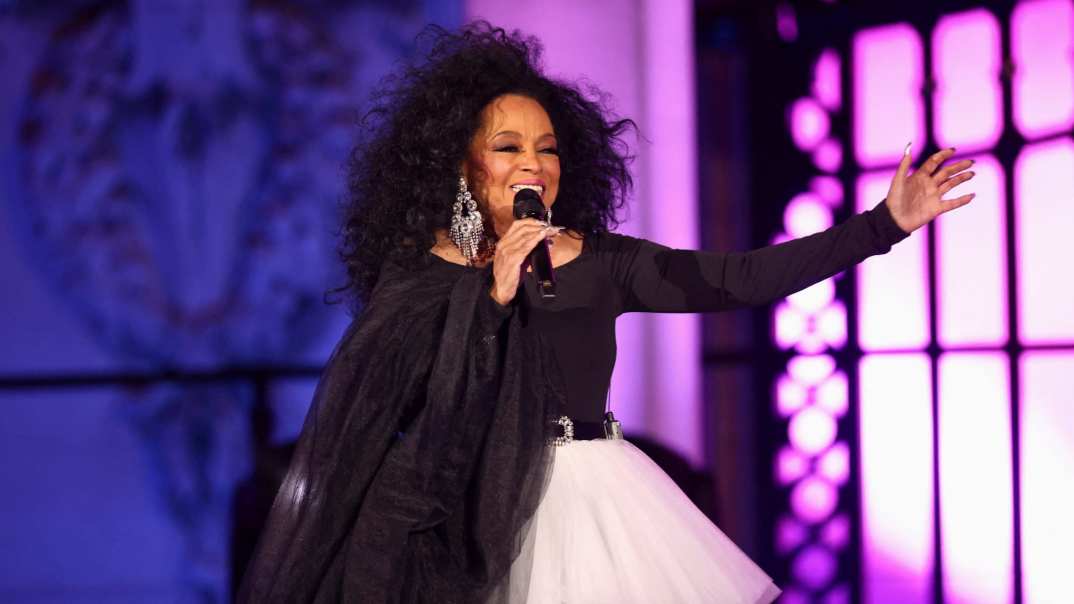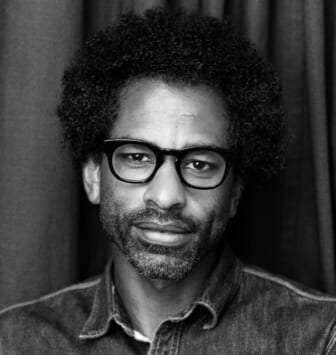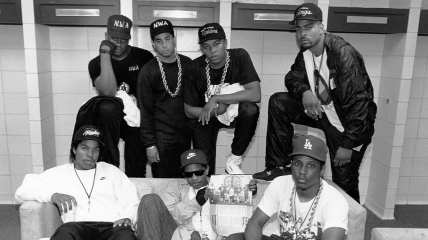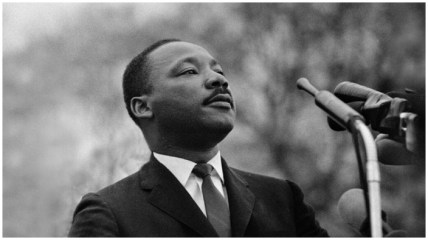‘Being Black: The ’80s’: Diana Ross did not intend for ‘I’m Coming Out’ to be a gay anthem
OPINION: The story of "I'm Coming Out" and the impact of disco on gay liberation is featured on this episode of "Being Black: The '80s."

Editor’s note: The following article is an op-ed, and the views expressed are the author’s own. Read more opinions on theGrio.
Diana Ross’s iconic “I’m Coming Out” has become an LGBTQ anthem, and yes, it was originally intended to be just that, but no, that intention was not shared by Diana Ross. It’s story time, y’all. I tell the whole story of “Diana Ross x Gay Liberation,” one of the episodes in my podcast, “Being Black: The ’80s, but here’s the shorter version.
Nile Rodgers is a legendary singer. songwriter and producer — he’s the man who led Chic to greatness in the ’70s. Ross asked him to work on music with her so they sat together and talked about where Ross was at that time in her life. She said she was blossoming into a new stage in her career as she was planning to leave Motown, her longtime record label.
After that, Rodgers went out to a gay club in Manhattan and in the bathroom, he found himself standing in the middle of a sea of Diana Ross impersonators and he thought about how much the gay community loved Ross. He thought that they deserved an anthem like James Brown had made for the Black community with “Say It Loud (I’m Black And I’m Proud).” He knew that Ross was the perfect person to sing such an anthem and then the phrase “I’m comin’ out,” popped into his head and he knew that was it.
Rodgers wrote the song but never told Ross what he was intending with it. She recorded it. She loved it. She took it to Frankie Crocker, who was then the most prominent radio DJ in New York City. Crocker liked the record but he thought it sounded like she was saying that she was coming out, that she was gay. He told her people would wonder if she was talking about herself. Ross was crestfallen and went back to Rodgers to ask him what he had intended with this song. She asked him if the song was about being gay.
Rodgers told me on a call from Europe where he was touring that in his long career of working with recording artists he never once lied to them. Except once. When Ross asked him about the song, he looked her in the eye and said no it’s not about being gay.
Of course, the song is about what you want it to be about. You can hear it as Ross saying she’s growing into a new part of her life, but you can also hear it as a statement of LGBTQ pride. It’s one of the many iconic disco songs that have had a massive impact on the gay liberation movement in America. Since Stonewall, there have been activists in the streets and politicians in legislatures helping to break down barriers but disco was part of the movement. It was part of helping LGBTQ people feel great about themselves.
One of my interviewees in this episode says he came out to his father in the’70s, and his father said he did not know any happy gay adults. But in the late ’70s, when disco was a national phenomenon, the interviewee saw lots of happy, authentically gay adults on the public stage and that helped him feel comfortable about becoming a gay adult. Because of them, he thought there was no reason why he too could not grow up to be a happy gay adult. And that’s beautiful.
Much more about the connection between disco and its political impact in the episode “Diana Ross x Gay Liberation” of “Being Black: The ’80s,” available anywhere you get podcasts.

Touré is a host and Creative Director at theGrio. He is the host of the docuseries podcast “Being Black: The ’80s.” He is also the host of the podcast “Toure Show” and the podcast docuseries “Who Was Prince?” He is the author of eight books including the Prince biography Nothing Compares 2 U and the ebook The Ivy League Counterfeiter.
TheGrio is FREE on your TV via Apple TV, Amazon Fire, Roku, and Android TV. Please download theGrio mobile apps today!


